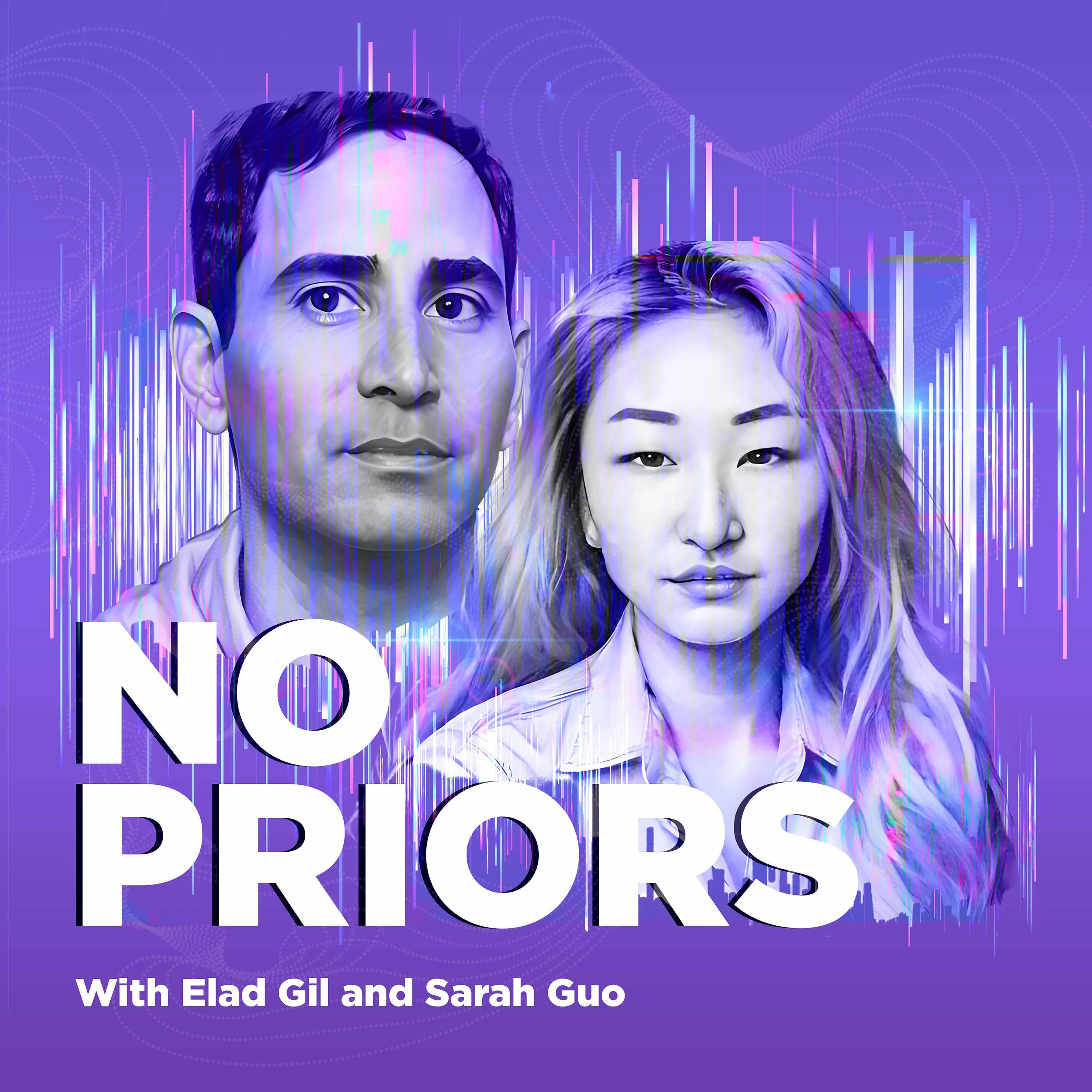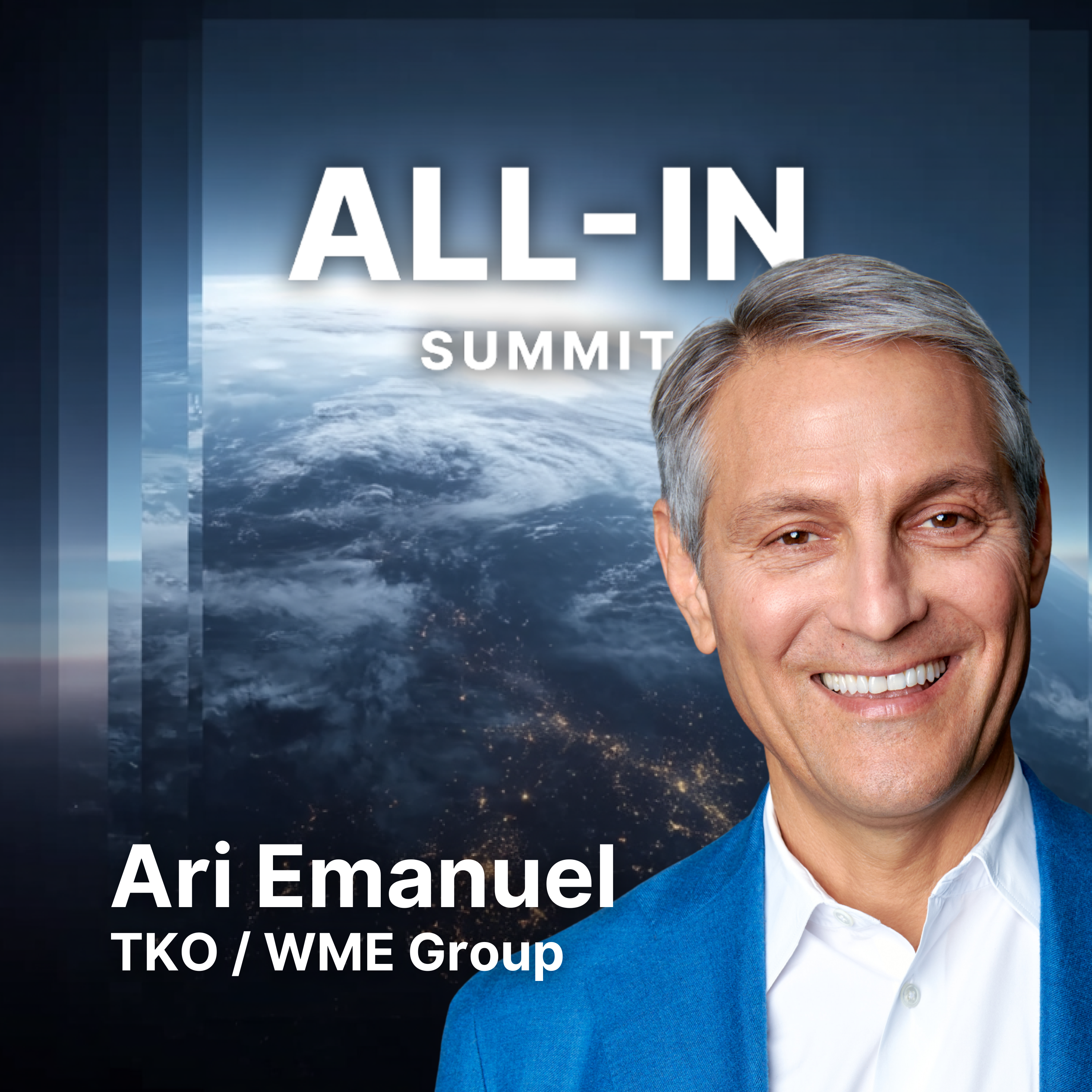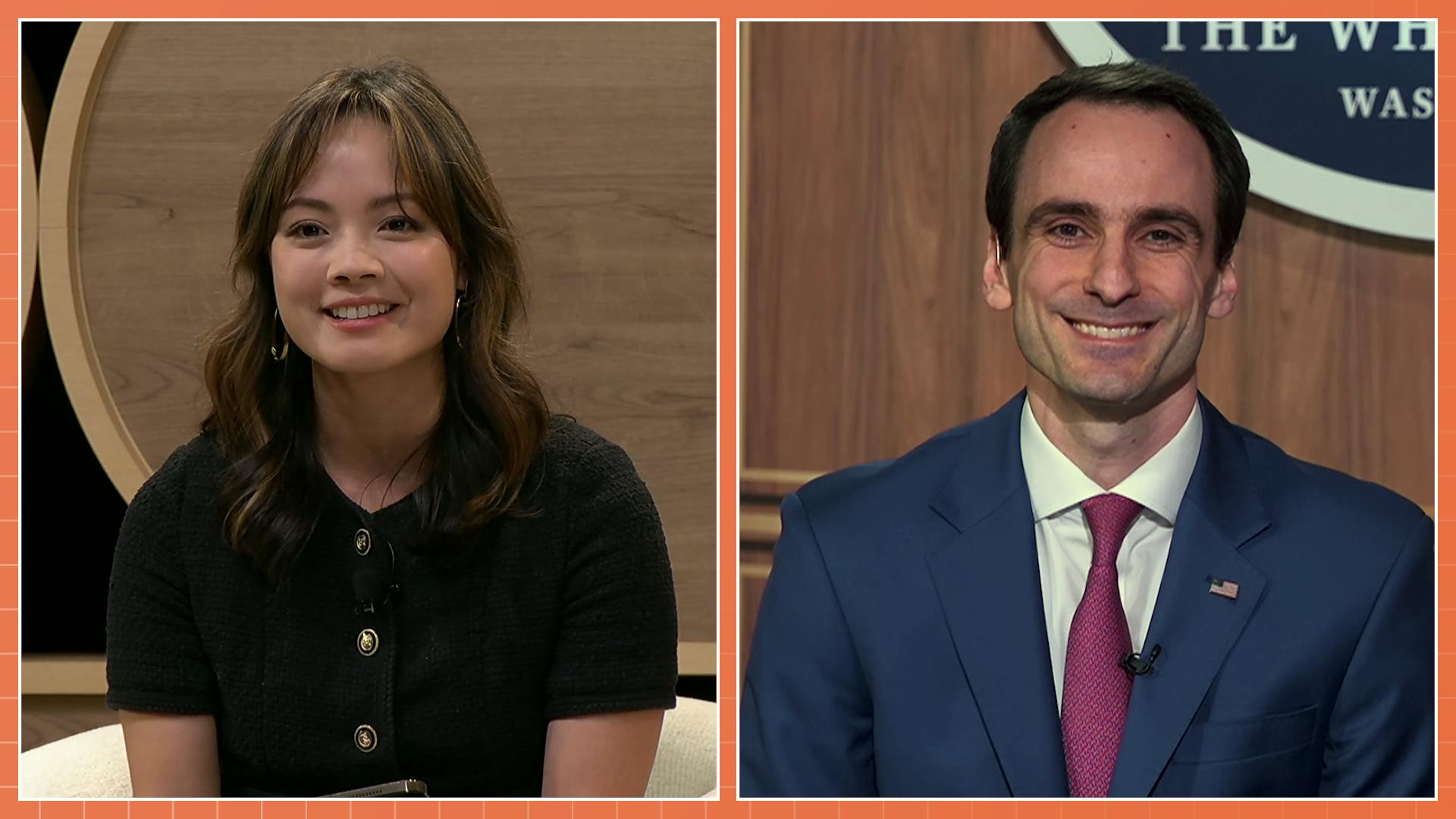(0:00) Introducing Ari Emanuel (1:03) Ari's background in the content business and Hollywood (4:14) How infinite distribution is changing Hollywood, the future of podcasting, creators owning advertising products (9:21) AI's impact: anticipating the 3-day workweek (12:13) Splitting time between TKO and WME, YouTube vs Netflix for creators, modern IP ownership (18:20) How he got a fighter's reputation, relationship with Michael Ovitz, how he built on Ovitz's vision (22:12) Future of sports entertainment: adapting to attention spans, clip culture, going global (24:21) Ari's relationship with his brothers and Elon Musk Thanks to our partners for making this happen! Solana - Solana is the high performance network powering internet capital markets, payments, and crypto applications. Connect with investors, crypto founders, and entrepreneurs at Solana's global flagship event during Abu Dhabi Finance Week & F1: https://solana.com/breakpoint OKX - The new way to build your crypto portfolio and use it in daily life. We call it the new money app. https://www.okx.com/ Google Cloud - The next generation of unicorns is building on Google Cloud's industry-leading, fully integrated AI stack: infrastructure, platform, models, agents, and data. https://cloud.google.com/ IREN - IREN AI Cloud, powered by NVIDIA GPUs, provides the scale, performance, and reliability to accelerate your AI journey. https://iren.com/ Oracle - Step into the future of enterprise productivity at Oracle AI Experience Live. https://www.oracle.com/artificial-intelligence/data-ai-events/ Circle - The America-based company behind USDC — a fully-reserved, enterprise-grade stablecoin at the core of the emerging internet financial system. https://www.circle.com/ BVNK - Building stablecoin-powered financial infrastructure that helps businesses send, store, and spend value instantly, anywhere in the world. https://www.bvnk.com/ Polymarket - The world's largest prediction market. https://www.polymarket.com/ Follow Ari: https://x.com/AriEmanuel Follow the besties: https://x.com/chamath https://x.com/Jason https://x.com/DavidSacks https://x.com/friedberg Follow on X: https://x.com/theallinpod Follow on Instagram: https://www.instagram.com/theallinpod Follow on TikTok: https://www.tiktok.com/@theallinpod Follow on LinkedIn: https://www.linkedin.com/company/allinpod Intro Music Credit: https://rb.gy/tppkzl https://x.com/yung_spielburg

















